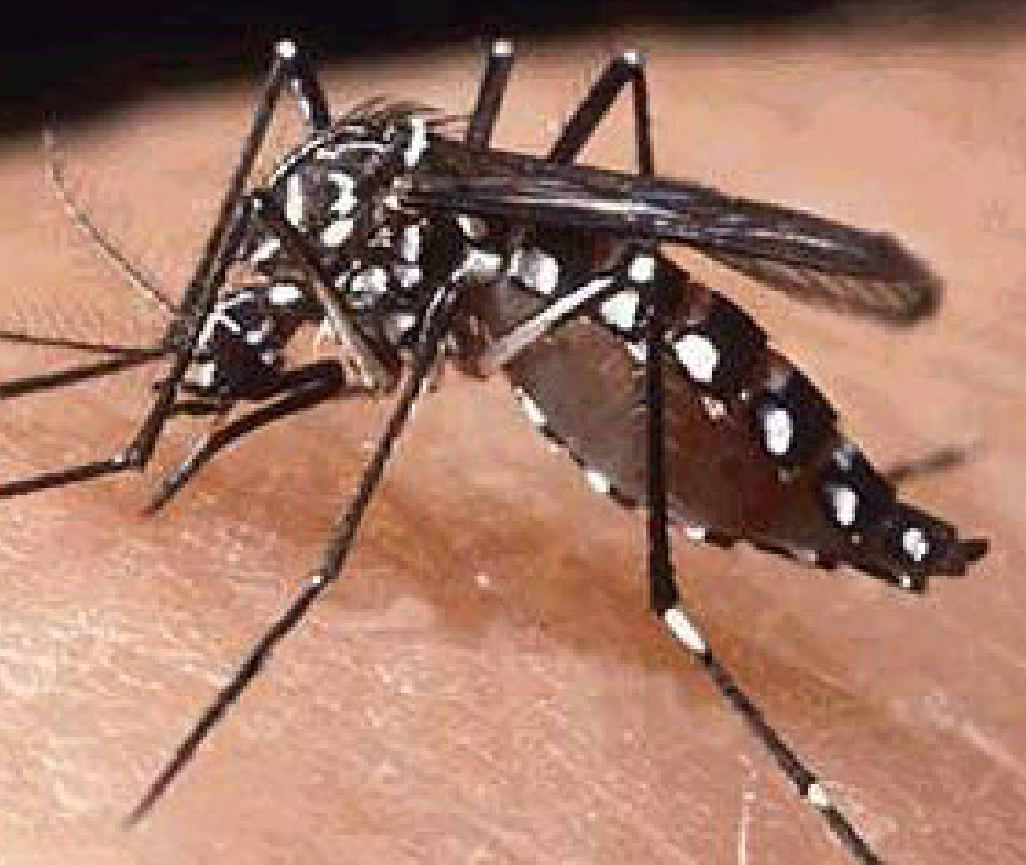While countries in South-East Asia have made substantial economic progress, diseases such as dengue and malaria fuel a vicious cycle of poverty and have a significant impact on socioeconomic status of communities.
These diseases are still killing thousands of people in the WHO South-East Asia Region, said a WHO press release on Thursday.
On World Health Day – April 7 – the World Health Organisation is urging countries to prevent and control vector-borne diseases including chikungunya, dengue, kala-azar, lymphatic filariasis and malaria, among others.
About 40 percent of the global population at risk of malaria lives in the WHO South-East Asia Region – home to a quarter of the world’s population.
Malaria is endemic in 10 of the 11 countries of the Region: Bangladesh, Bhutan, Democratic People’s Republic of Korea, India, Indonesia, Myanmar, Nepal, Sri Lanka, Thailand and Timor-Leste. Maldives is the only country in the Region that has remained free of malaria (malaria-free since 1984).
“These are deadly but preventable diseases. The solution lies in a united and sustained effort from all of us. Ministries of health alone cannot control these diseases. Their control and prevention needs committed engagement from all sectors, strong political will and active community participation,” said Dr Poonam Khetrapal Singh, WHO Regional Director for South-East Asia.
“This Region recently defeated polio, it is time for us to show the same resolve to defeat malaria, dengue and other vector- borne diseases,” she added.
Vector-borne diseases account for 17 percent of the estimated global burden of all infectious diseases. Dengue is now the world’s fastest growing vector-borne disease, with a 30-fold increase in disease incidence over the past 50 years.
Outbreaks of dengue fever have now been reported from all countries in WHO’s South-East Asia Region except Democratic People’s Republic of Korea.
Source: UNBConnect










